South Africa has reopened the inquest into the death of Chief Albert Luthuli, the anti-apartheid icon and Nobel Peace Prize winner, whose passing in 1967 was previously ruled as accidental. The initial investigation claimed that Luthuli was struck by a train while walking on railway tracks, resulting in a fatal skull fracture. However, his family and activists have long questioned this version of events, suspecting a cover-up by the apartheid regime.
At the time of his death, Chief Albert Luthuli was the president of the then-banned African National Congress (ANC) and a globally recognized figure for his peaceful resistance to apartheid. He made history in 1960 by becoming the first South African to be awarded the Nobel Peace Prize. The ANC later led the struggle against apartheid and formed the first post-apartheid government in 1994.
The National Prosecuting Authority (NPA) is now seeking to overturn the findings of the original inquest. While the NPA has not disclosed specific new evidence, it stated that it would present material suggesting that the initial investigation overlooked critical facts and failed to hold anyone accountable. Nearly six decades ago, South African authorities concluded that there was no criminal culpability in Luthuli’s death, absolving both the railway employees and others.
Luthuli’s family has expressed relief and hope that the reopened inquiry will bring long-awaited closure. His grandson, Sandile Luthuli, described the 1967 inquest as a “whitewash” designed to protect the apartheid government. He emphasized the importance of uncovering the truth about what really happened on that day in July 1967. The family hopes to achieve two things: a correction of the historical record and identification of anyone who may have been criminally responsible for Luthuli’s death.
Another of Luthuli’s grandchildren, Albert Mthunzi Luthuli, welcomed the renewed investigation, even though many of the individuals suspected of being involved have since died. He expressed disappointment in the Truth and Reconciliation Commission (TRC), which granted amnesty to numerous apartheid-era perpetrators, leaving many victims’ families without justice.
At the time of his death, Chief Luthuli was under severe restrictions. He was banned from political activity and confined to his home in Groutville, now located in KwaZulu-Natal. His tragic and controversial death has remained a painful symbol of the brutality of apartheid.
The case is part of a broader effort by South Africa to re-examine suspicious deaths of anti-apartheid activists. Alongside Luthuli’s case, the inquest into the 1981 death of anti-apartheid lawyer Mlungisi Griffiths Mxenge has also been reopened. Mxenge was brutally murdered—stabbed 45 times and left with his throat slit. Although a later confession by a former hit squad member revealed the truth, many believe that critical information was withheld during the TRC hearings.
The South African justice ministry has justified reopening these high-profile inquests by citing the emergence of new evidence and the need for justice and historical truth. These renewed efforts highlight the country’s ongoing struggle to confront the legacy of apartheid and to bring accountability, even decades after the crimes were committed.
This fresh inquest into Chief Albert Luthuli’s death not only seeks to uncover the true cause of his demise but also to honor the legacy of a man who dedicated his life to peace, justice, and the fight against racial oppression in South Africa.


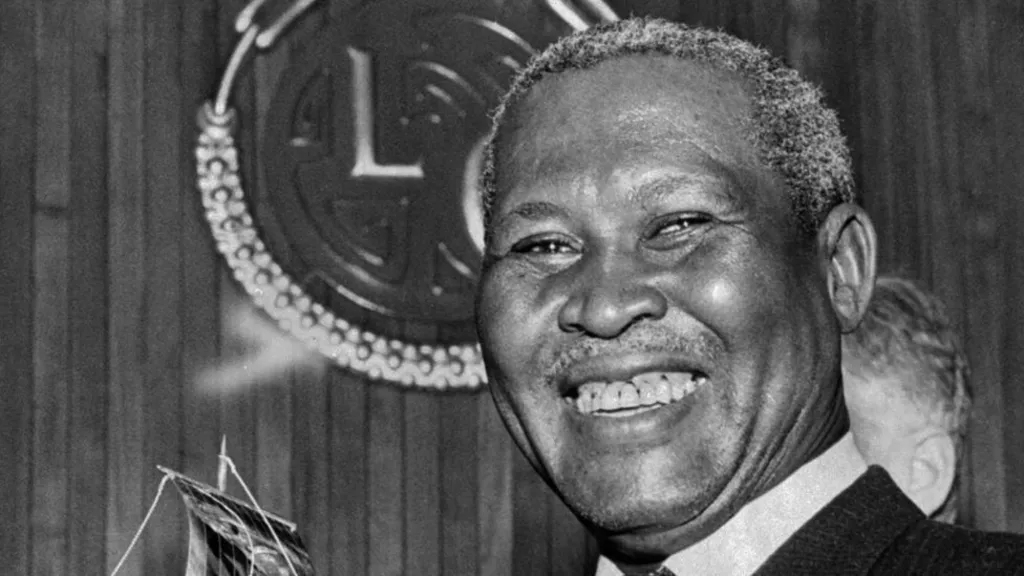
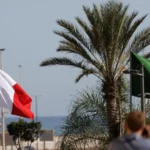
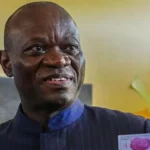

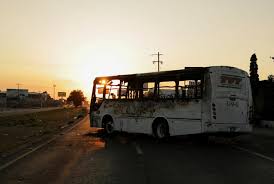
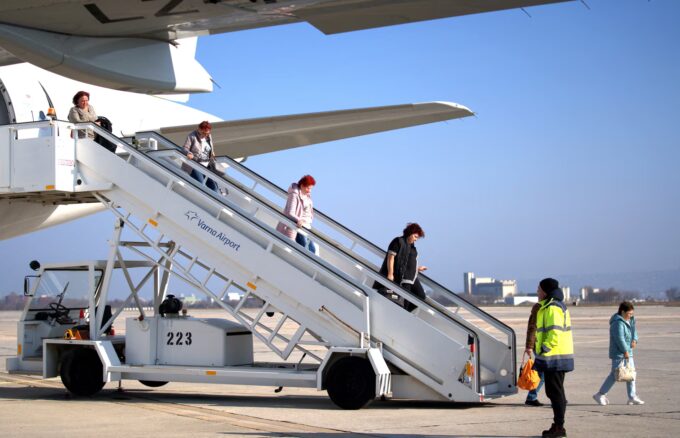

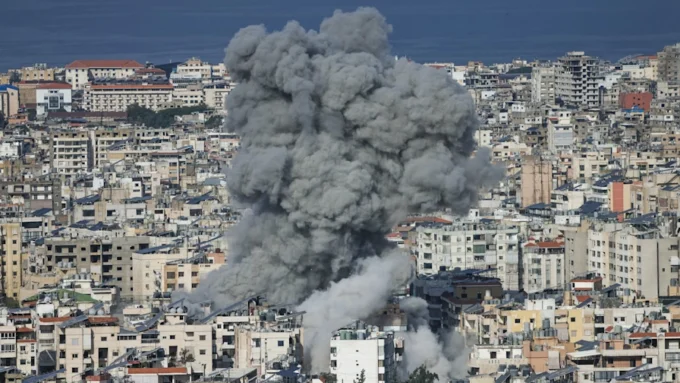

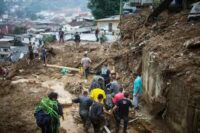


Leave a comment